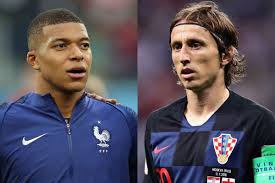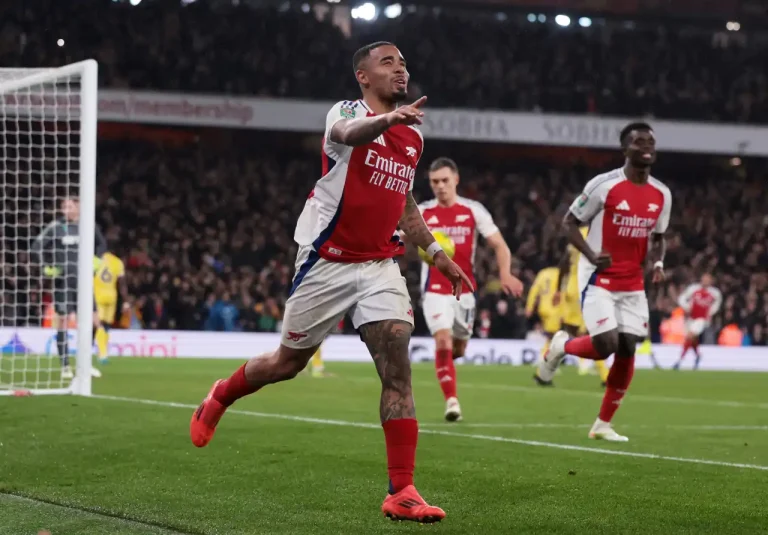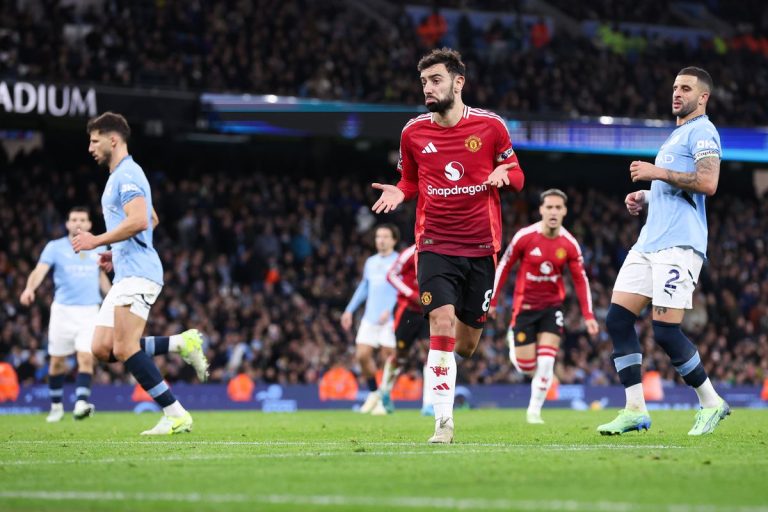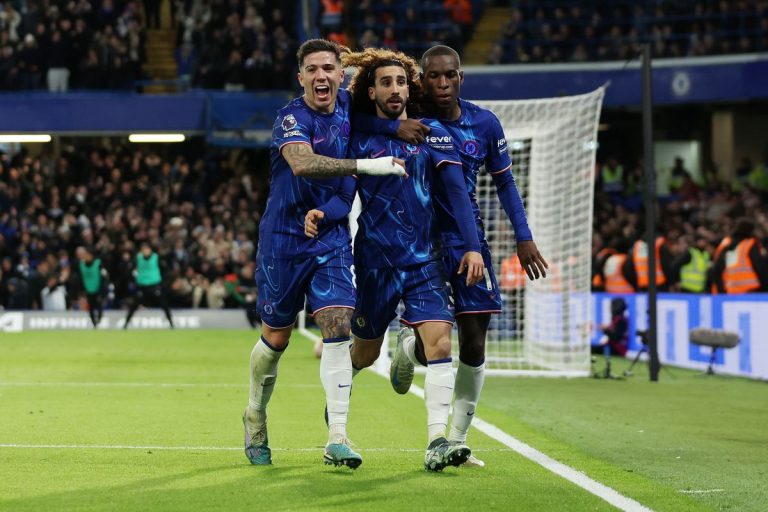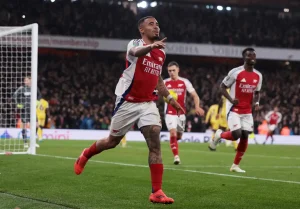When Croatia beat England in Moscow’s Luzhniki Stadium on Wednesday, football history was made. Croatia, with a population of just 4.1 million, became the smallest country to reach a World Cup final since Uruguay in 1950. To give that some context, Croatia has pretty much the same population as Mauritania and Kuwait. By the 2022 World Cup in Qatar, Croatia’s population could be reduced even further as a large number of young people continue to leave the country in search of a more prosperous life in the West.
The team’s run to the final in Russia has sparked debate about how such a small country has consistently produced so many great players – but if you expect a heart-warming story, it is more likely you will be left disappointed. Ever since Croatia’s first president Franjo Tudjman described athletes as the “country’s best ambassadors”, sport has largely become a matter of national identity. People define themselves through the triumphs of sporting teams and individuals, seeing their success as perhaps their own. “You did an amazing thing,” Tudjman said to the members of the Croatia team back in the glory days of the 1998 World Cup, when they reached the last four. “Now the world will see us differently and talk about Croatia in a more brighter tone.”
For a young democracy their team reaching the World Cup semi-finals was a massive feat, and a fantastic means of promotion. But the story of Croatian football success (and sport in general) is mostly one of achievement in spite of numerous obstacles put in front of the athletes, rather than the result of a well-thought-out and organised system. For instance, Croatia only has five pitches that meet Uefa’s international standard. The infrastructure is mostly appalling and the investment in grassroots football is basically non-existent. Talented players are forced to leave their clubs early because of the bad financial situation most Croatian clubs face, which prompts them to sell their prized assets once they hit double-digit caps. There are just two home-based players in Croatia’s World Cup squad – Dinamo Zagreb goalkeeper Dominik Livakovic and Rijeka midfielder Filip Bradaric. Between them they have played less than half an hour in Russia.

